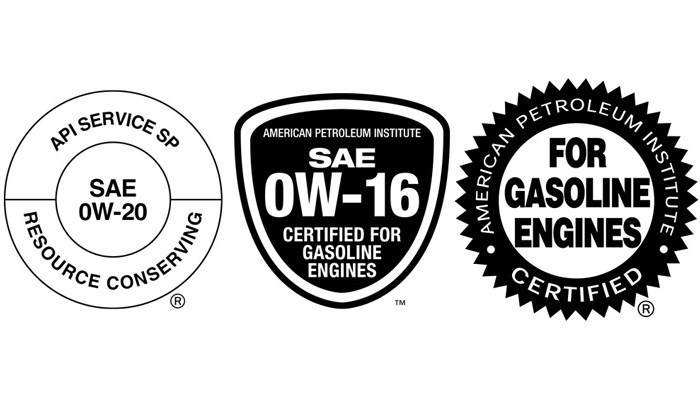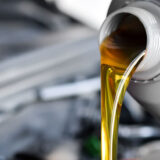
EOLCS licensees can apply for Emergency Provisional Licensing to manage supply chain disruptions, says API
Emergency Provisional Licensing is available to EOLCS licensees to manage supply chain disruptions during the global COVID-19 pandemic, according to the American Petroleum Institute (API).
API’s Engine Oil Licensing and Certification System (EOLCS) is a voluntary licensing and certification program that authorizes engine oil marketers that meet specified requirements to use the API Engine Oil Quality Marks.
Early this month, the API invoked provisional licensing for ILSAC GF-6, API SP, etc., as provided for in API 1509, due to the high demand for the “ROBO” test at independent test laboratories. The huge demand has created a backlog at these labs as the first-licensing date for the new ILSAC GF-6A, ILSAC-GF-6B and API SP standards looms. The first-licensing date for ILSAC GF-6A, ILSAC-GF-6B and API SP is 1 May 2020.
The following COVID-19 Alerts have been posted on the API EOLCS web site and the EOLCS Licensee myAPI Web Page.
COVID-19 ALERT
“API recognizes that the COVID-19 crisis could disrupt the supply of components that licensees use to formulate their API-licensed engine oils. As a reminder, if some type of disruption occurs, EOLCS licensees have the option to apply for Emergency Provisional Licensing according to the requirements of paragraph 6.9 of API 1509. Licensees that have been or will be impacted by a supply disruption should review API 1509 and contact API at eolcs@api.org.”
Licensee myAPI Web Page
“EOLCS ALERT TO LICENSEES: During the ongoing COVID-19 pandemic, there is increased potential for any number of problems that can directly affect our licensees. With this in mind, we wish to remind licensees that EOLCS has an Emergency Licensing Procedure in case of a disruption affecting the supply of components used to formulate API-licensed products. If a supply of base oil or additives utilized by a licensee is disrupted, the licensee may apply for short-term Emergency Provisional Licenses. For more information, please refer to Section 6.9 of API 1509, found here. API wishes you safe passage through this crisis.”
The American Chemistry Council (ACC), which represents lubricant additive manufacturers, announced similar COVID-19 Alert in an email to ACC Code of Practice practitioners. The ACC email included the ACC Petroleum Additives Panel (PAP) COVID-19 Emergency Protocol for Lubricants Additives, which provide industry practitioners and EOLCS licensees information on managing potential supply chain interruptions due to COVID-19.
Each additive company has its own Management of Change (MoC) process for additive components, which it may invoke either pro-actively or reactively (i.e., due to disruption of supply chain) for changes to commercial products.
These MoC processes may not allow for the responsiveness required in the extraordinary circumstances currently faced by additive companies, for example if a facility is suddenly shut down by local officials due to a COVID-19-related regulation, if there is a COVID-19-related health emergency, or if a component supply chain fails due to supply chain gaps relating to raw materials/intermediates. Specifically, there may be limited capacity to blend for testing, limited capacity for shipping, and insufficient time for engine testing. As a result, the components utilized in finished fluids or in additive companies commercially available additive packages, which are available at the time of invoking the protocol, may require an emergency exchange for a limited duration.
ACC warns that each additive company will make its own business decisions as to whether to employ it and will need to obtain the applicable approvals, from its customers, API, and/or OEMs.
You can download a copy of the ACC PAP COVID-19 Emergency Protocol here.
The Emergency Protocol is effective from 20th April 2020 and expires in 120 days, with the option to extend in writing by the ACC PAP. Upon expiration of the Emergency Protocol, all products will revert back to the original approved formulation within 90 days, unless the new formulation is going through a MoC, in which case the MOC must be completed within 180 days of the expiration of this Emergency Protocol.











